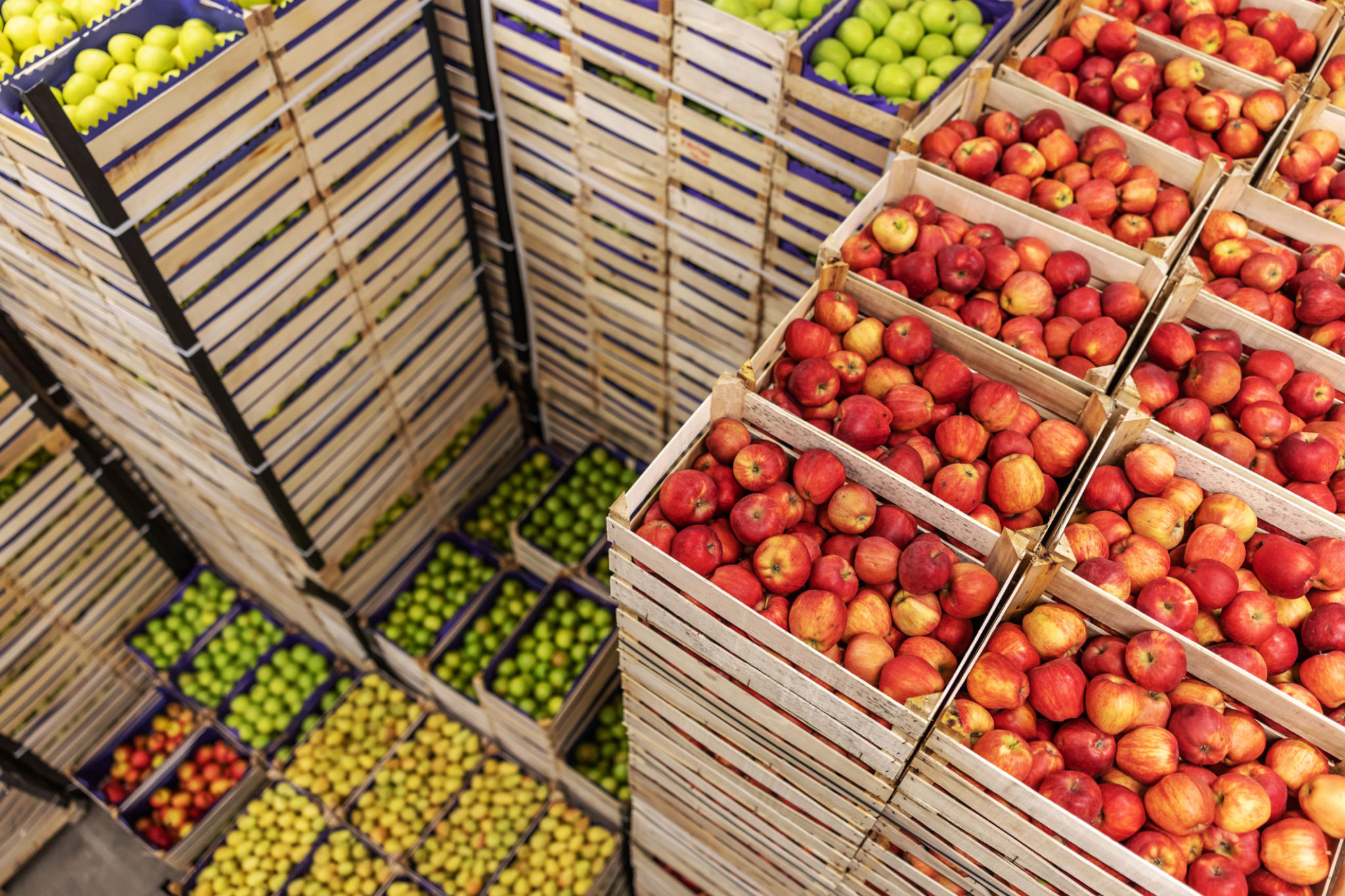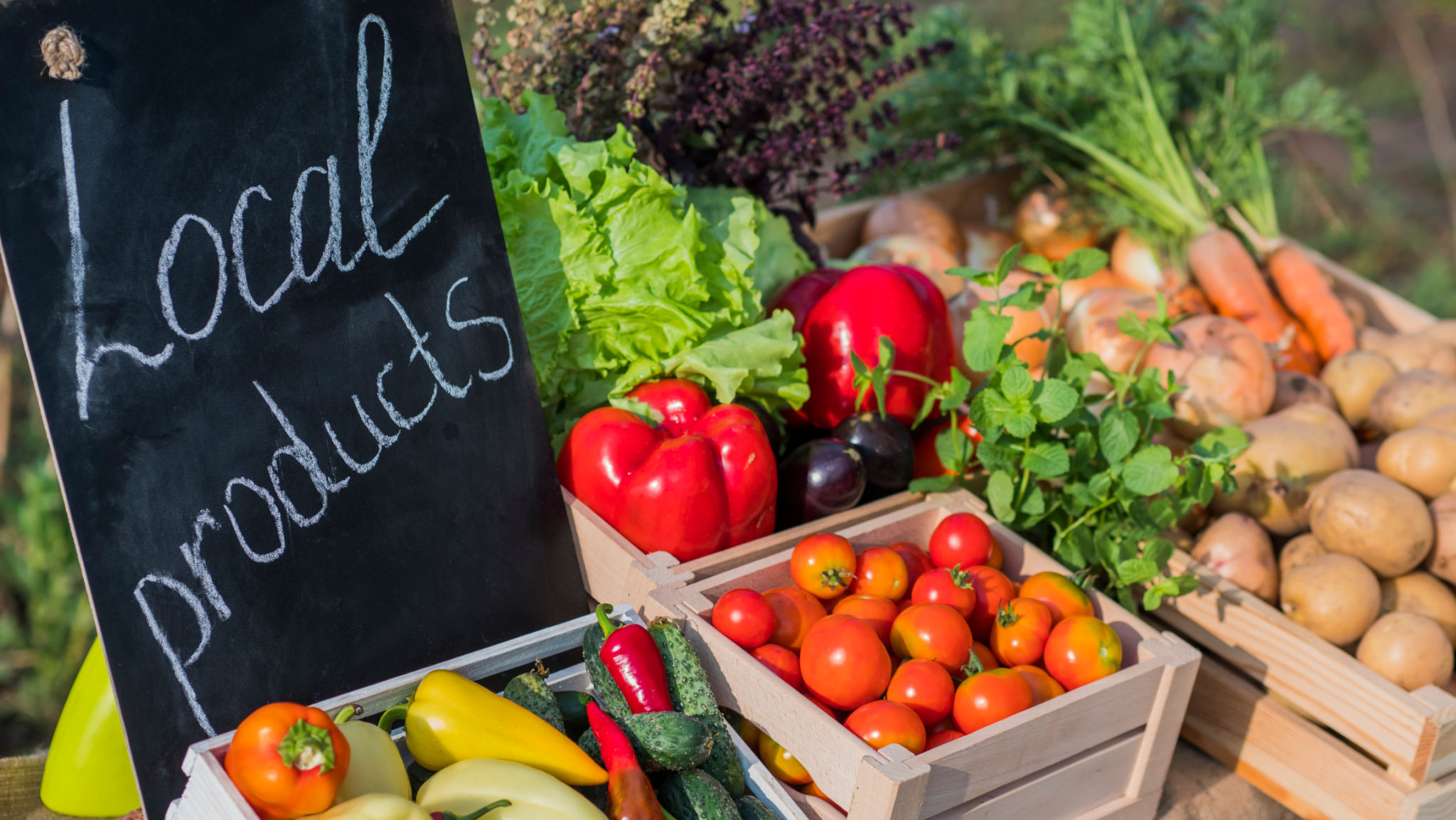Streamlining Logistics Services for Vegetables in the UAE: Best Practices
Understanding the Importance of Efficient Logistics for Vegetables
In the UAE, the logistics of transporting vegetables is a crucial component of the supply chain. Given the perishable nature of these goods, ensuring they arrive fresh and undamaged is essential for maintaining quality and customer satisfaction. Streamlining logistics services not only improves efficiency but also reduces waste and costs, benefiting both suppliers and consumers.

Adopting Advanced Technology
The integration of advanced technology in logistics can significantly enhance the efficiency of vegetable distribution. Using real-time tracking systems allows businesses to monitor shipments closely, providing accurate delivery estimates and enabling quick responses to any issues that may arise. Moreover, implementing automated systems for inventory management helps in maintaining optimal stock levels and reducing spoilage.
Temperature-Controlled Transportation
Temperature-controlled transportation is another best practice that ensures vegetables remain fresh throughout the journey. Refrigerated trucks or containers are essential in preventing spoilage during transit. Monitoring systems that track temperature changes can alert logistics managers to any deviations, allowing them to take corrective action promptly.

Optimizing Route Planning
Effective route planning is a cornerstone of streamlined logistics services. Utilizing route optimization software can help determine the most efficient paths for delivery, saving time and fuel costs. This not only ensures faster delivery times but also reduces the environmental impact of transportation activities.
Collaborating with Local Suppliers
Collaboration with local suppliers can further enhance logistics efficiency. By sourcing vegetables from nearby farms, businesses can reduce transit times and costs. This localized approach supports the local economy while minimizing the carbon footprint associated with long-haul transportation.

Implementing Sustainable Practices
Sustainability is becoming an increasingly important factor in logistics. Adopting eco-friendly practices such as using energy-efficient vehicles and reducing packaging waste aligns with global sustainability goals. Moreover, customers are more likely to support businesses that prioritize environmental responsibility.
Training and Development
Investing in the training and development of logistics personnel is vital for maintaining high standards of service. Skilled employees are better equipped to handle challenges, implement best practices, and ensure smooth operations. Regular training sessions can keep staff updated on the latest industry trends and technologies.

Conclusion
Streamlining logistics services for vegetables in the UAE involves a combination of technology adoption, sustainable practices, and strategic collaborations. By focusing on these best practices, businesses can enhance their operations, reduce costs, and provide superior service to their customers. As the demand for fresh produce continues to grow, optimizing logistics will remain a key priority for success in this sector.
